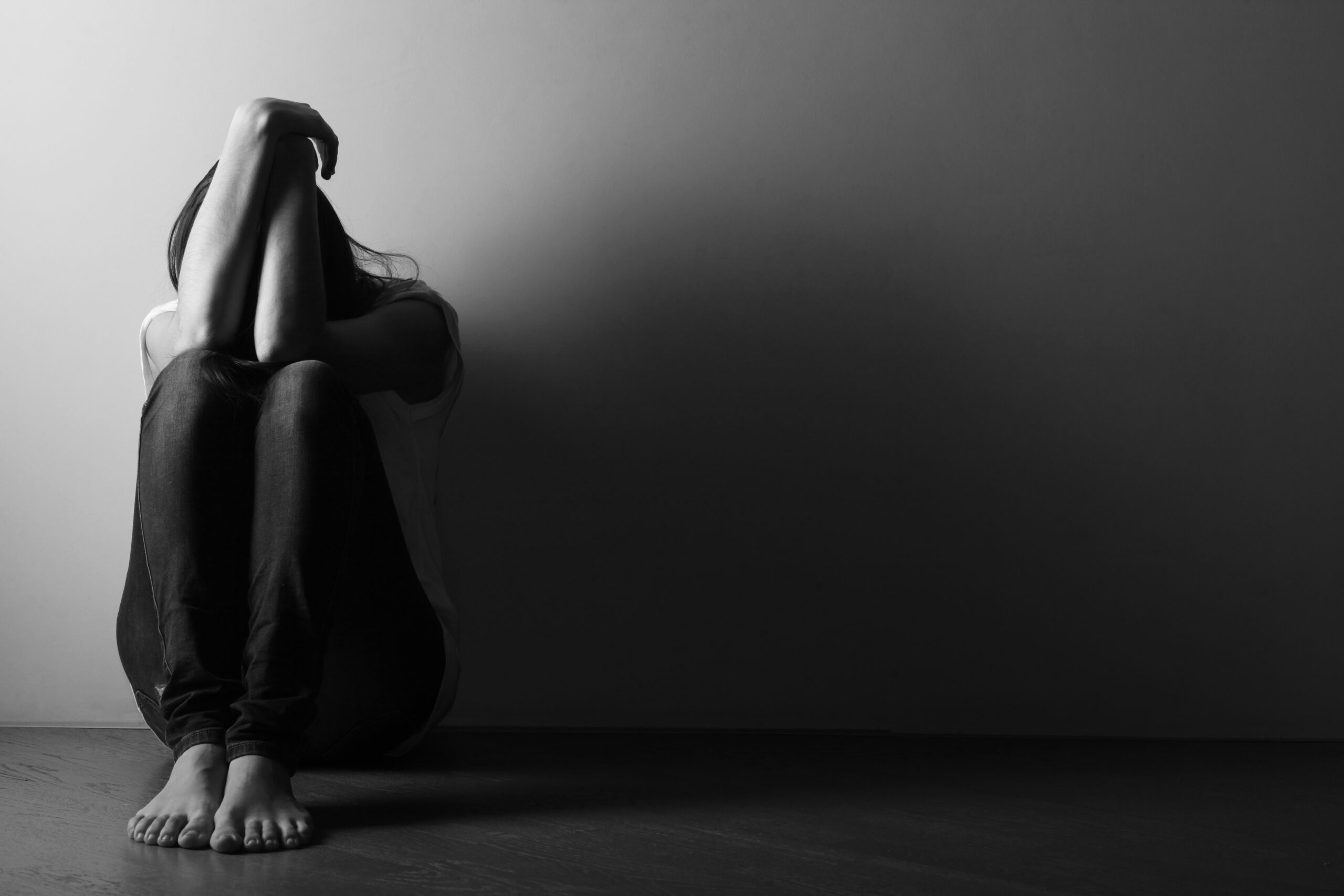What is Depression?
When you ask a group of people who’ve suffered from clinical depression to define the illness, you’ll hear a variety of answers. Depression is a very personal experience that millions of people all over the world experience.
No one experience is the same.
Different people manifest different symptoms, but one thing is certain: depression is a difficult illness that can destroy your life if left unresolved.
Many people with depression describe it as a sense of despair that engulfs everything they do and everything they feel. A dark cloud that surrounds you never seeming to lift.
If you think being depressed is the same as feeling sad because your favorite team just lost the championship game, you really have no idea what suffering from a true depression is like. Depression is much deeper and more invasive than sadness or frustration.
Depression takes everything away from you; it depletes your energy, focus, concentration, and especially your joy. You just don’t care about anything; nothing matters and even the people you love become unimportant.
If you’re depressed for a long period of time, you become accustomed to the feeling and any other emotion becomes unfamiliar and even frightening.
Physical Concerns of Depression
Depression doesn’t only take its toll on your emotions, spiritual and mental state; it can also manifest into serious physical problems as well. Depression may cause you to either lose your appetite or eat incessantly. It also zaps your energy and motivation.
When you’re depressed, you tend to become inactive. This alone can cause a number of problems, but when added to some of the other physical side effects of depression, it’s easy to see why depression is such a serious illness.
In addition, depression can lead to:
1. Lack of sleep. Depression can cause insomnia, which strips the body of the necessary sleep to function and heal properly.
2. Poor nutrition. When depressed, many people fail to take in proper nutrients. It takes too much effort to plan and prepare a meal. This can lead to several health challenges.
3. Aches and pains. If anyone tells you that your mental state has no effect on your physical state, they’re wrong. When you’re depressed, the chemicals in the brain that signal pain are as affected as the chemicals in your brain that help you feel happy.
- Physical aches and pains are increased, which in turn, kicks in the sad feelings and the cycle begins again. It’s like a never-ending groundhog day over and over again! It’s a vicious cycle!
4. Hygiene issues. Someone suffering from depression doesn’t have the energy or the motivation to be concerned with self-care.
What are the Symptoms of Depression?
Although depression may occur only once during your life, people typically have multiple episodes. During these episodes, symptoms occur most of the day, nearly every day and may include:
- Feelings of sadness, tearfulness, emptiness or hopelessness
- Angry outbursts, irritability or frustration, even over small matters
- Loss of interest or pleasure in most or all normal activities, such as sex, hobbies or sports
- Sleep disturbances, including insomnia or sleeping too much
- Tiredness and lack of energy, so even small tasks take extra effort
- Reduced appetite and weight loss or increased cravings for food and weight gain
- Anxiety, agitation, or restlessness
- Slowed thinking, speaking, or body movements
- Feelings of worthlessness or guilt, fixating on past failures or self-blame
- Trouble thinking, concentrating, making decisions, and remembering things
- Frequent or recurrent thoughts of death, suicidal thoughts, suicide attempts, or suicide
- Unexplained physical problems, such as back pain or headaches
- Feeling of aloneness
For many people with depression, symptoms usually are severe enough to cause noticeable problems in day-to-day activities, such as work, school, social activities or relationships with others. Some people may feel generally miserable or unhappy without really knowing why.
One thing about depression is certain: it’s a serious condition and should be taken seriously.
As depression progresses, it feeds on itself like a snowball rolling downhill. The longer someone is depressed, the worse the depression gets until they see no way out of it at all. They become resigned to being miserable all the time.
Depression can be caused by a certain event, the change of seasons, a loss of someone close, or even a chemical imbalance in the brain. The treatment for depression usually involves counseling or medication that helps to alter the brain chemistry.
If you know someone who is depressed, the best thing you can do is be his or her friend. Talk to them and help them through this period. Help them seek medical care to treat their illness.
If you think you may be depressed, talk to a health care provider. Depression doesn’t have to ruin your life! With help and support, you can conquer your depression, move past it, and go on to live a fulfilling and joyful life.
You can do it!

Comments are closed